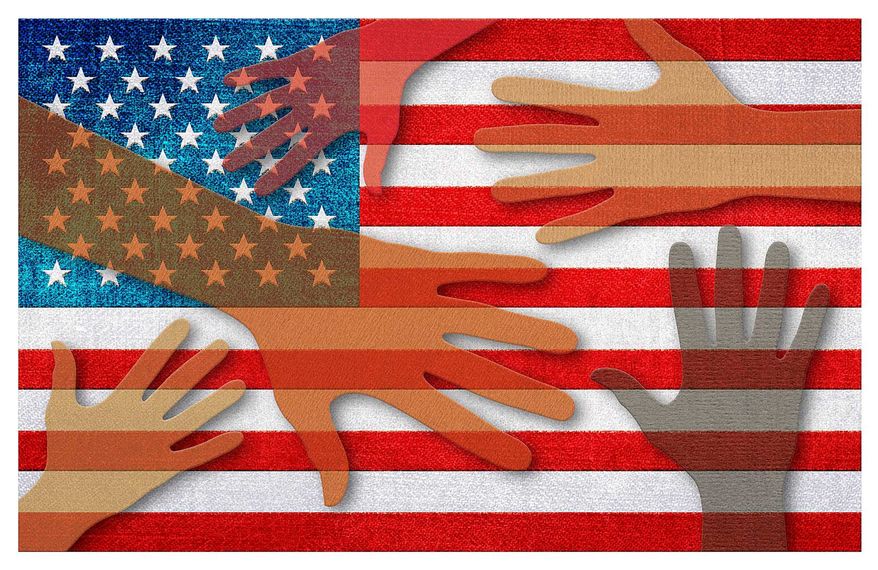Hi Dr. Craig,
I have to say that I extremely love your work which made my interest in Christianity grow
So as I understand it your argument is:
Now my question is:
What justification would you provide for believing the first premise . In your debates with Muslims you just seem to take it for granted without giving a good case for it's truth. For me it's far from obvious that loving people like Hitler or Stalin is morally good. I don't think that we would commend a person for saying that he loves all people including Hitler or Stalin etc. Why is it not possible that moral perfection implies loving people who deserve love but not all people?
Thank you
Raef
Jordan
I have to say that I extremely love your work which made my interest in Christianity grow
My question has to do with one of your main arguments against Islam which is your claim that in Islam God is morally imperfect because he is not all loving.
So as I understand it your argument is:
- A morally perfect being must be all loving (He loves everyone )
- There are several verses in the Quran which says that Allah does not love certain people (Thus not all loving )
- therefore Allah is not a morally perfect being
Now my question is:
What justification would you provide for believing the first premise . In your debates with Muslims you just seem to take it for granted without giving a good case for it's truth. For me it's far from obvious that loving people like Hitler or Stalin is morally good. I don't think that we would commend a person for saying that he loves all people including Hitler or Stalin etc. Why is it not possible that moral perfection implies loving people who deserve love but not all people?
Thank you
Raef
Jordan
***
In determining what sort of being a morally perfect being would be, we must consult our moral intuitions. Is it better to be fair rather than prejudiced? Is it better to be a caring person rather than indifferent? Is it better to regard other persons as ends in themselves rather than as mere means to be used for one’s own ends? Usually, we can answer such questions by thinking about how people ought to treat one another or how we think others ought to treat us.
So the question in this case is whether it is better to give unconditional love rather than demand that one’s love be earned. Here I fear that your moral intuitions have been distorted precisely by the Muslim concept of God which I indict. A person raised in a Muslim culture in which the view of God is of a person whose love is conditional and must be earned is apt to have his moral intuitions skewed by such a culturally dominant view of God.
But a person can overcome his cultural prejudices by trying to step back and examine them objectively. I sometimes ask students what they would think of a parent who says to his children, “If you measure up and do as I say, THEN I will love you!” Some students have had parents like that, and they know the terrible emotional damage such a pseudo-love wreaks upon children. This is not love, but abuse. The God of the Qur’an is just like that. If you say the prayers and pay the alms and do righteous deeds, THEN he will love you.
The God of Islam is thus just as morally defective as a parent who withholds love from his children unless they deserve it. Love that is undeserved and gratuitously given is a far greater love than love that is extended to a person simply as his due. The person who has earned love has no reason to be grateful, since he has merited it. It is precisely love that is undeserved that issues in thanksgiving and praise.
Don’t confuse loving Hitler and Stalin as persons with condoning their evil acts. We can love evil persons as persons and therefore hope and pray that they will turn away from the evil they have chosen.
So I think that the first premiss of the argument is quite secure and so gives good reason to reject the Islamic conception of God.
